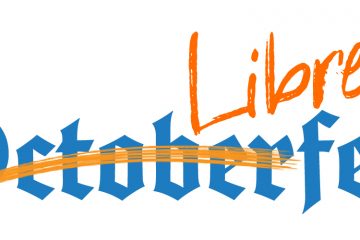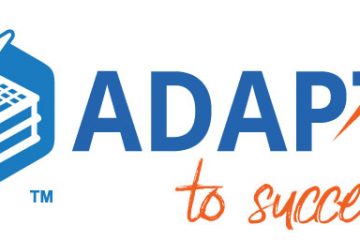Virtually hosted by Hope College July 16-17, 2020
Justin Shorb and Brent Krueger from Hope College in collaboration with Paul Seeburger from Rochester Community College and other LibreTexts Development team members will host an online workshop to help new users of LibreTexts incorporate the Open Education Resource (OER) platform in their courses. Are you
- considering an OER because you are concerned about high textbook prices and the pressure that puts on your students?
- considering an OER so you can be more nimble this coming year with regard to hosting your courses remotely or in-person?
- a long-time user of OERs and want to see what LibreTexts has to offer?
Whatever the reason for your interest, this two-day workshop will give you a chance learn about LibreTexts in time to use it in one or more of your courses this fall. (Apply here.)
In this hands-on workshop you will
- see what is possible in an online platform when you aren’t restricted to a paper book
- examine a few of the hundreds of textbooks that already exist in LibreTexts
- create your own custom version of a textbook using the LibreTexts Remixer
- create your own course management page with details from your syllabus
The goal of this conference is to train people who want to use online textbooks in their own classes, and to also build a team of collaborative workshop trainers that can continue outreach efforts in the future, especially outside of chemistry. Libretexts will cover travel costs for any participants who complete the workshop and wish to host a future LibreTexts workshop at a professional conference in their field.
The workshop is designed to give you exploration time, learning time, and actual development time. Thus, you can use this workshop as a way to set aside time to actually start to build your own online textbook and/or course materials. A rough itinerary of the workshop is below:
Morning of July 16:
- Learn how to think about teaching from an online textbook. How does organization change how we learn? What can be done with an online text that is not possible with a traditional text?
- Explore the various types of texts that LibreTexts already has available and how some existing classes organize their online materials.
- Log-in to LibreTexts and start to build your own textbook focused on the organization specific to your class.
- Worktime with facilitators readily available to help.
Afternoon of July 16:
- Learn about page layout, style, and basic editing.
- Advanced editing techniques using interactive tools: rotatable molecules, interactive graphing, Jupyter coding notebooks, etc.
- Worktime with facilitators readily available to help.
Morning of July 17:
- Open forum for feedback on progress and reflections on design.
- Worktime with facilitators readily available to help.
Afternoon of July 17:
- Using LibreTexts at your institution and discussion of potential hurdles for you and your students.
- Worktime with facilitators readily available to help.
Register for the workshop here!
Justin Shorb and Brent Krueger are part of a large team of developers and outreach coordinators for LibreTexts. The site began years ago as the ChemWiki, grew into a full 4-year comprehensive textbook library for Chemistry, and now includes more than a dozen libraries from fields across STEM, Social Sciences, and Humanities.
Shorb has been involved with online textbooks since graduate school when he worked with John Moore to develop ChemPRIME based on online pedagogical frameworks. He also used online textbooks extensively while a faculty member at University of the Virgin Islands and continues to build online textbook-like resources for the laboratory program at Hope College in both Spanish and English.
Krueger has used LibreTexts as a student tool for learning in his Physical and General Chemistry courses. He has a history of incorporating digital learning tools into classrooms including running summer workshops that helped high school teachers incorporate WebMO (an online computational chemistry program) into their classrooms.
Seeburger uses LibreTexts with all six courses he teaches, from algebra through differential equations. Using CalcPlot3D, an interactive 3D calculus visualization app he created, Seeburger is developing a series of active/dynamic figures for relevant LibreTexts that take existing figures and make them interactive, allowing students to rotate 3D images and sometimes to vary values to see the effect on geometric relationships in the figures. Seeburger also helps to curate the math library for LibreTexts and has presented a four-hour workshop on customizing/creating OER math textbooks using LibreTexts at a national math conference.

